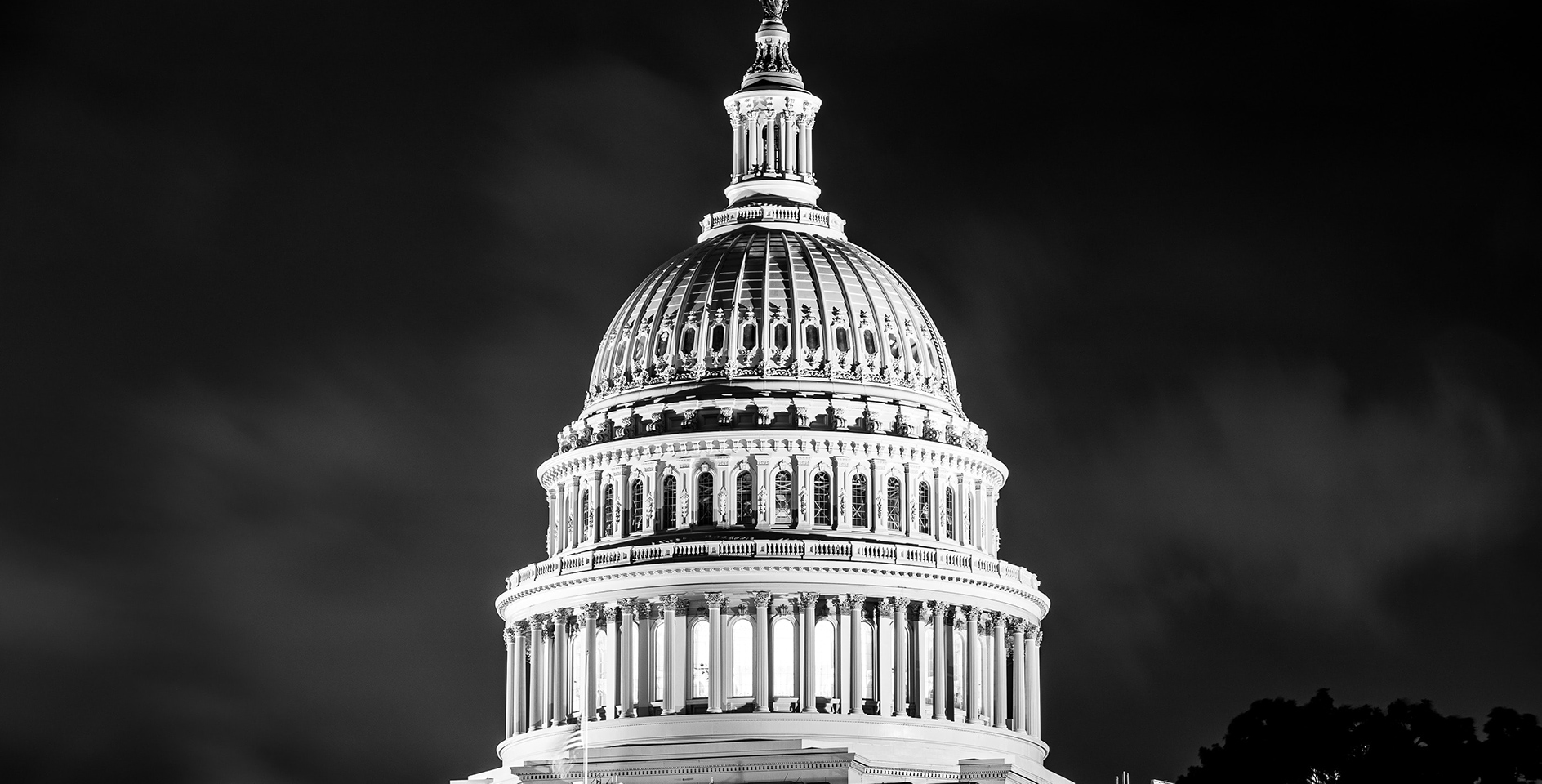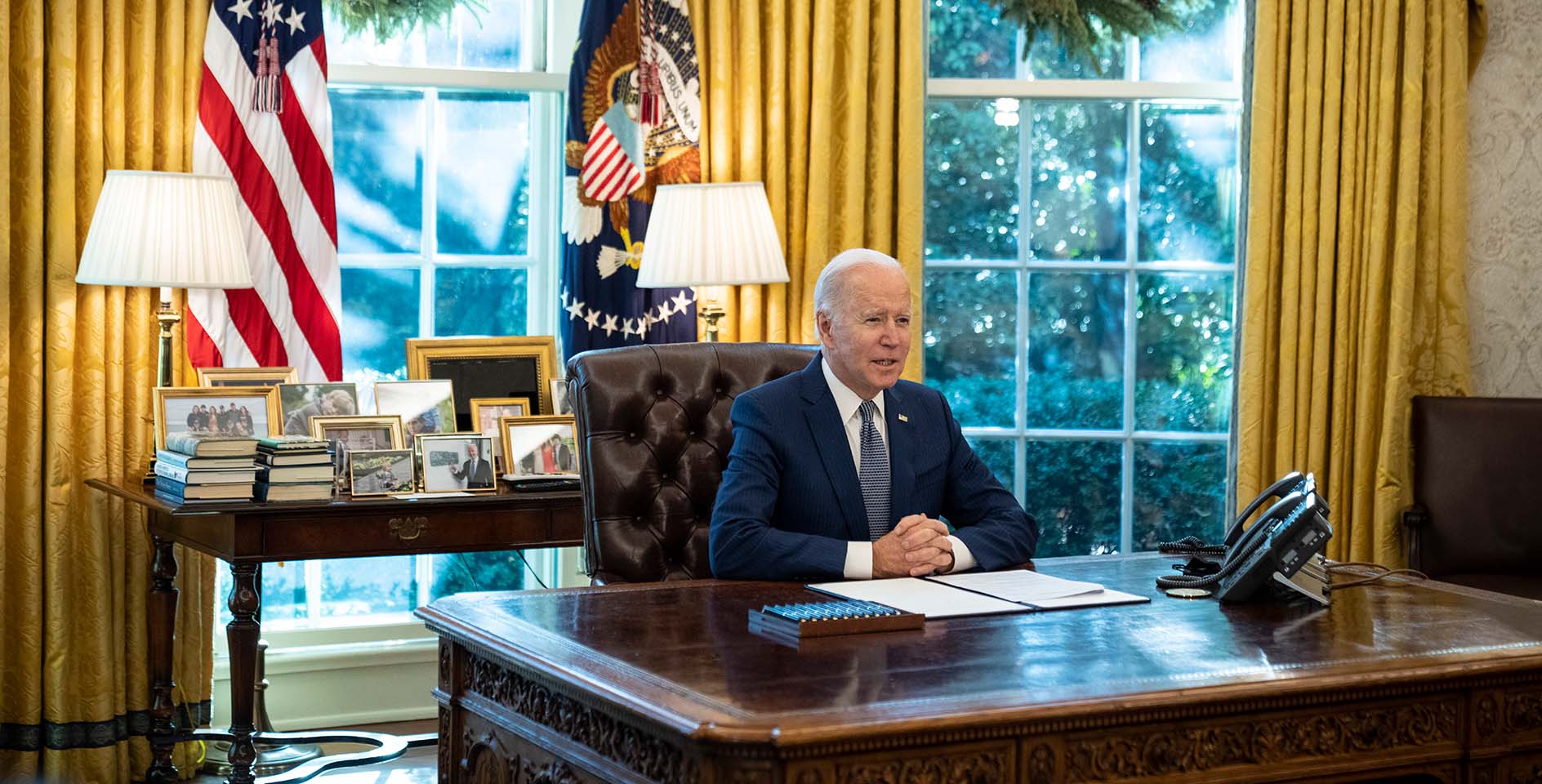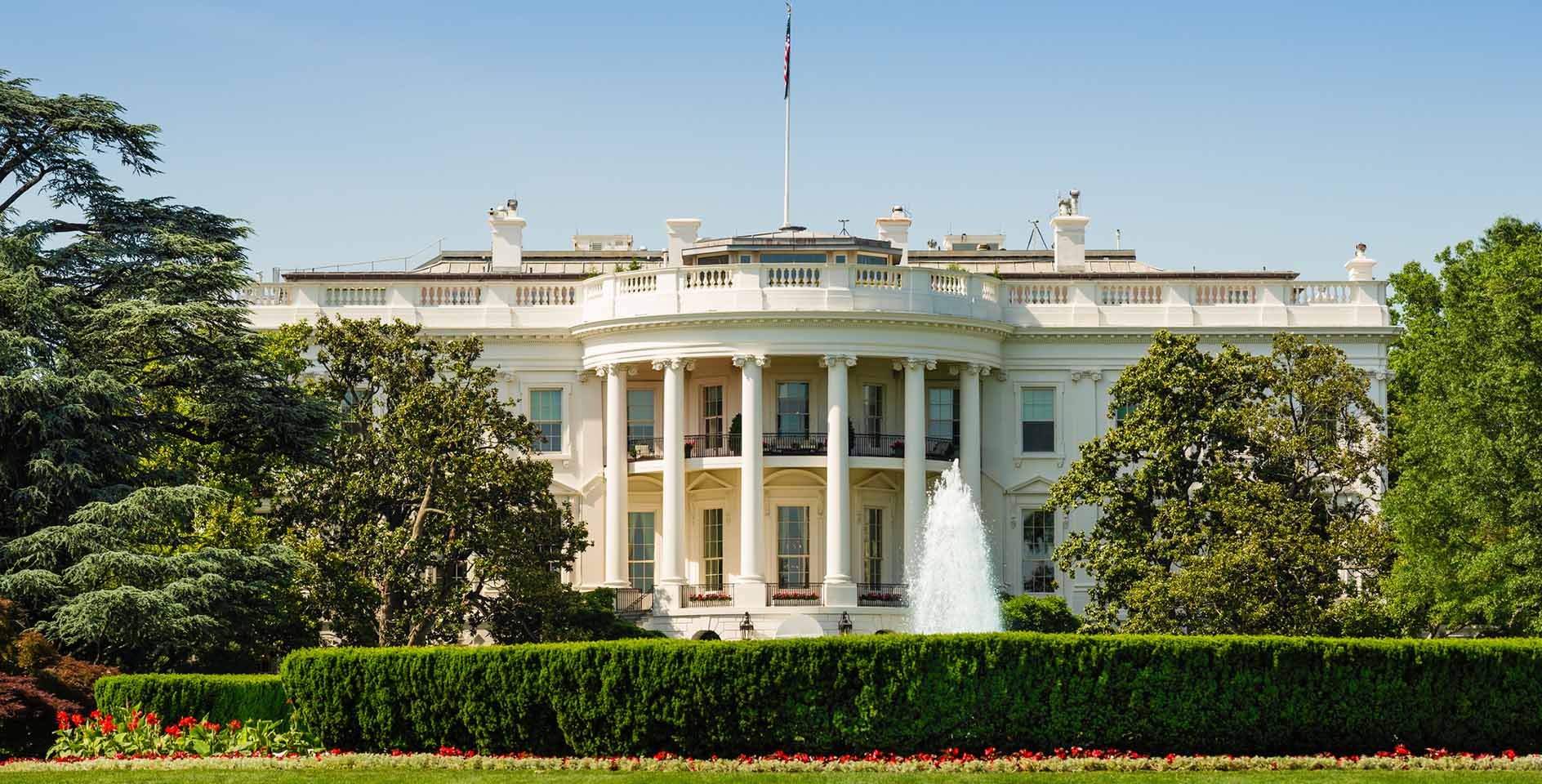Like clockwork, lobbyists and interest groups annually release their policy agendas ahead of each new congressional term. These documents outline the goals an organization will seek to accomplish either through legislation or through administrative action in the coming years. The ERLC releases our own policy agenda each year to indicate the objectives we will pursue in Washington on behalf of Southern Baptists. While these documents are important, they are not guaranteed to secure any particular outcomes and are not typically met with much fanfare upon their release.
Even so, these documents serve a greater purpose than simply signaling an organization’s priorities. In most cases, such policy agendas give some level of insight into the future imagined by the organization. This is important because the Human Rights Campaign (HRC), a far-left organization within the LGBT lobby, recently released an audacious policy agenda, which it intends to pursue in the 117th Congress upon Joe Biden’s inauguration.
HRC’s “Blueprint for Positive Change“
The document was unironically titled Blueprint for Positive Change 2020 and outlines significant steps to advance the aims of the sexual revolution at the expense of both religious freedom and the common good. As the HRC commented in a press release, the agenda “includes 85 individual policy recommendations, reaching across the federal government” and aspires to implement change in the United States and across the globe. Of the 85 policy recommendations, the HRC specifically highlighted the following aspirations in their press release:
- Full-scale administrative implementation of Bostock v. Clayton County across all agencies enforcing civil rights statutes and provisions;
- Establish an interagency working group to address anti-transgender violence;
- Establish uniform data collection standards that fully incorporate the categories of sexual orientation and gender identity into federal surveys;
- Establish an interagency working group to protect and support LGBTQ rights globally;
- End discrimination against gay and bisexual blood donors;
- Prohibit the practice of conversion therapy as a fraudulent business practice;
- Rescind and replace regulations restricting coverage of Section 1557 of the Affordable Care Act; and
- Eliminate discrimination against beneficiaries in charitable choice and faith-based initiatives.
These are merely highlights. But it is no exaggeration to say that from top to bottom, the proposals outlined by HRC pose serious challenges to religious liberty, a biblical understanding of human sexuality, and ultimately the common good of our society. One example not mentioned among the items bulleted above: HRC calls for the termination of the Mexico City Policy, which prohibits the distribution of federal foreign aid dollars to entities that support abortion. The fact that abortion is right now protected within the United States is shameful enough, but HRC calls for the incoming Biden administration to continue the practice observed by Bill Clinton and Barack Obama before him of rescinding this policy and allowing funds from U.S. taxpayers to promote abortion in other countries.
Christian education
Particularly egregious is the HRC’s proposal to ensure “non-discrimination policies and science-based curriculum are not undermined by religious exemption to accreditation standards.” This is nothing but a thinly veiled attack on religious colleges and universities that refuse to bow the knee to the sexual revolution.
The document specifically targets the accreditation of such institutions. As HRC proposes, “The Department of Education should issue a regulation clarifying … [the] provision, which requires accreditation agencies to ‘respect the stated mission’ of religious institutions, does not require the accreditation of religious institutions that do not meet neutral accreditation standards including nondiscrimination policies and scientific curriculum requirements.”
Commenting on the absolutely outrageous nature of this proposal, Albert Mohler stated, “the Human Rights Campaign summons the Biden administration to deny accreditation—or, at the very least, to facilitate the denial of accreditation—to Christian institutions, Christian colleges and universities, and, for that matter, any other religious institution or school that does not meet the demands of the LGBTQ orthodoxy. This would mean abandoning biblical standards for teaching, hiring, admissions, housing, and student life. It would mean that Christian schools are no longer Christian.”
Bostock v. Clayton County
As the ERLC noted this summer, “In a 6-3 ruling of a consolidated group of cases styled Bostock v. Clayton County, the Supreme Court expanded the definition of ‘sex’ to include ‘sexual orientation’ and ‘gender identity’ under Title VII of the Civil Rights Act of 1964.” With the legal expansion of Title VII, which applies to employment nondiscrimination law, HRC aims to press the implications of that ruling throughout all government entities.
The exact implications of this are presently unclear, but as Justice Alito remarked in his dissenting opinion to Bostock, “the position that the Court now adopts will threaten freedom of religion, freedom of speech, and personal privacy and safety.” HRC’s call to expand the scope of Bostock could require any organization that partners with the government in some form in order to provide services to their community to fully accept the demands of the sexual revolution. Such a decision would be disastrous not only for faith-based initiatives but also for the communities that these religious nonprofits serve.
Contrary to the HRC’s contention, faith-based initiatives must be allowed to maintain the integrity of their religious identity, even when they partner with the government to serve their communities.
Human sexuality
Another assault on religious liberty is found in the “prohibiting of conversion therapy as a fraudulent business practice.” Certain forms of conversion therapy, which are rarely if ever practiced anymore, are admittedly problematic. But the issues with such a ban are not about these troubling practices associated with specific forms of conversion therapy, but rather about the definition of “conversion therapy” itself.
Every day numerous men and women seek the help of professional faith-based counselors due to confusion about or difficulty with their own sexual identities. The sweeping ban on conversion therapy endorsed by HRC would prohibit Christian counselors, who rightfully believe in the power of gospel to change a person’s life, from offering their services to those who seek their assistance.
Obviously, the government cannot ban Christian conversion. The Spirit blows where he wishes (John 3:8). But HRC objects to practices it labels “conversion therapy” not because of any means but because of its end. The LGBT lobby rejects the validity of any approach that assumes that the gospel can lead to change and that sexual brokenness can be healed.
A better answer for human flourishing
It is difficult to imagine a presentation of gender and sexuality that is more at odds with the biblical understanding of these issues than that within the HRC’s blueprint. From its defense of a non-binary gender to the aim of normalizing all things LGBT, it is impossible to reconcile a Christian worldview with many of these policy initiatives.
Of course, Christians should always object to discrimination and to the mistreatment of any person. Where there has been genuine mistreatment of LGBT people, Christians should be the first to demonstrate love for them. However, love for LGBT people cannot include the affirmation of a lifestyle that is contrary to God’s will for His creation. Love does not ignore the truth, no matter who that truth may offend.
Ultimately, the policies in the HRC document that promote the LGBTQ lifestyle will not result in more flourishing—neither for individuals nor society. Instead, they will result in restrictions on religious liberty and the promotion of sexual identities that are both contrary to God’s will and harmful to those who adopt them.
For these reasons, Christians should reject many of the proposed policies in the HRC’s blueprint. And for the same reasons, the ERLC is committed to promoting better policies, which accord with the teachings of Scripture and the beliefs of Southern Baptists, to promote human flourishing and a better future for American citizens.











